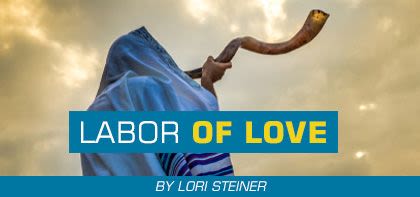
Labor of Love
Labor Day is a day to recognize and acknowledge that we toil. For some of us it is a day when we feel sorry for working so hard at the expense of family and community…

In the United States we have Labor Day, which usually comes in the month of Elul. Labor Day is a day to recognize and acknowledge that we toil. For some of us it is a day when we feel sorry for working so hard at the expense of family and community.
Elul is a month of spiritual preparation–a labor of love–as we move toward Rosh Hashanah, the anniversary of the creation of the human being and the day Hashem decides our livelihood for the coming year. In Elul we meditate upon the fact that Hashem decides exactly what we shall have and what we shall not have. Our sincere and honest labor is the vessel for Hashem’s material blessing for the entire year. Then comes Yom Kippur—a time when we realize how much we are grateful to Hashem for forgiving and redeeming us.
The Hebrew word Elul is an acronym for a verse from the Song of Songs–Ani l’dodi v’dodi li–“I am to my Beloved and my Beloved is to me.” When we labor in spiritual practices, even if we don’t understand 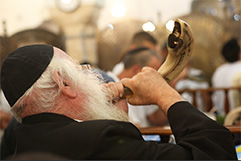 them, we gain inspiration that brings us closer to Hashem. We start to hear His voice. We do for Him, and hearing makes us want to do more. We can truly celebrate because Hashem is a kind and loving Father Who provides for all our needs and gives us more than we deserve. Our decision to serve Him is a labor of love.
them, we gain inspiration that brings us closer to Hashem. We start to hear His voice. We do for Him, and hearing makes us want to do more. We can truly celebrate because Hashem is a kind and loving Father Who provides for all our needs and gives us more than we deserve. Our decision to serve Him is a labor of love.
Now what about Labor Day? Are we celebrating the fact that we work? Are we rejoicing over our jobs or careers, or are we simply using the day as a reprieve from labor?
Where’s the love in this holiday? No one particularly wants to spend more time at the office or work overtime to get a job done. So, what are we really celebrating? It’s not the labor, for sure. We’re really celebrating the chance not to labor–at least for one day anyway. We’re acknowledging ourselves and not much else.
We would do well to reflect that our livelihood comes from Hashem. We would also do well not to repeat the Sin of the Golden Calf by worshiping the money we make or by working so hard that we don’t prioritize our time properly. The most meaningful labor is what we do to serve Hashem, to connect to Him, and to honor our interdependence and show our gratitude and love for Him all year long. The relationship is what counts.
Labor Day is one day and then back to the daily grind. Elul, however, is a month of introspection to assess how much time we’ve been allotting to what is truly important in life. It is a time for laying the groundwork for a new beginning. Elul sets the tone for the Jewish New Year–a feeling of excitement that G-d is returning home and will be more accessible to us now.
As we evaluate our spiritual progress, we focus on self-improvement, on tweaking our priorities, and coming closer to Hashem. It is a time when “the King is in the field”. He is awaiting our return. When we strive to do G-d’s will, we do not labor in vain. We create meaning and purpose in our lives and in the lives of our children. So, on Labor Day, as we sip a cold drink by the pool or at the beach, let’s reflect on what we want for the coming New Year. What are we laboring for? What is the mission of the Jewish People? Are we working to bring G-d back to His garden? Are we remembering to do a chesbon nefesh, an accounting of the soul, a spiritual and emotional self-assessment? What are our spiritual goals? Our work in Elul is a time to commit to becoming better, stronger, more spiritual, and more connected to each other and to G-d, His Torah, and the Land of Israel. It’s a time when our labor is a true expression of love.


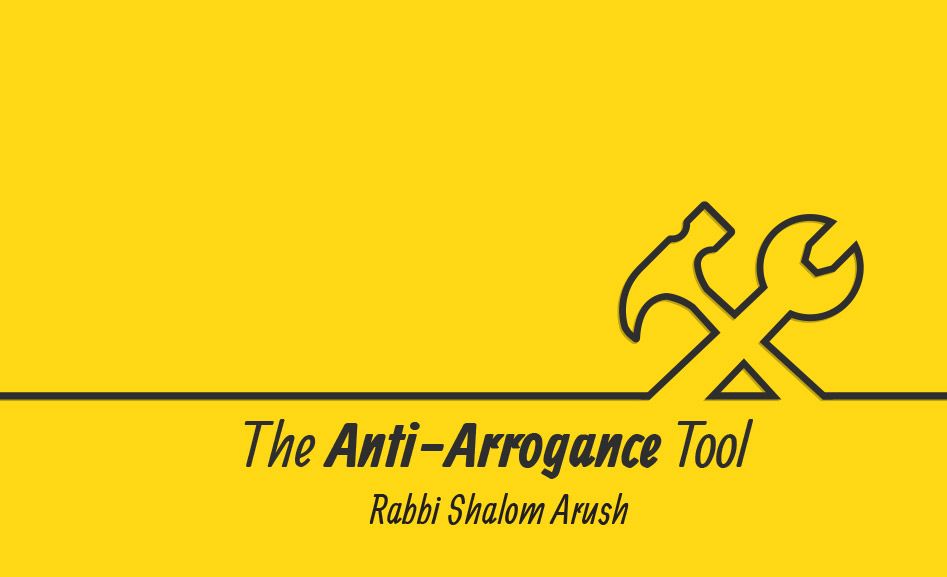
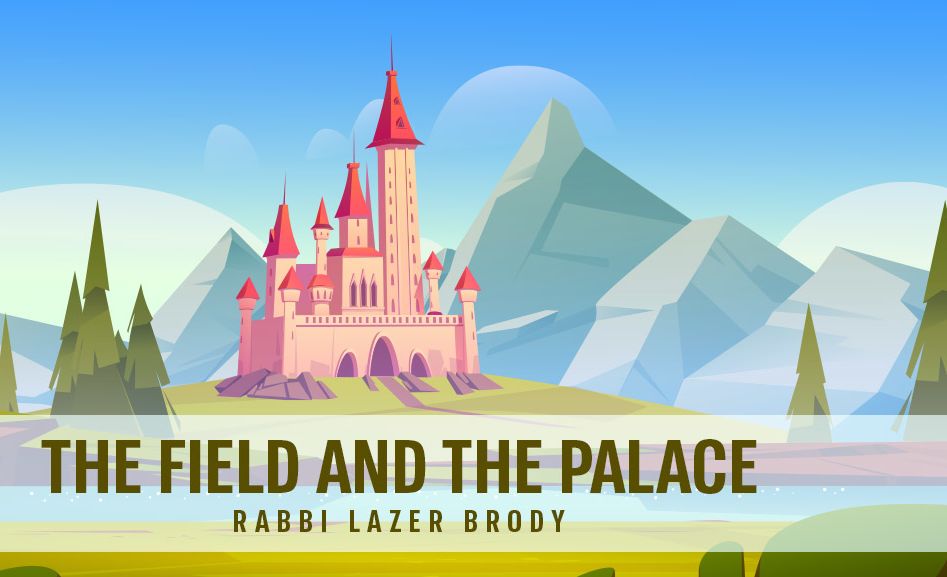
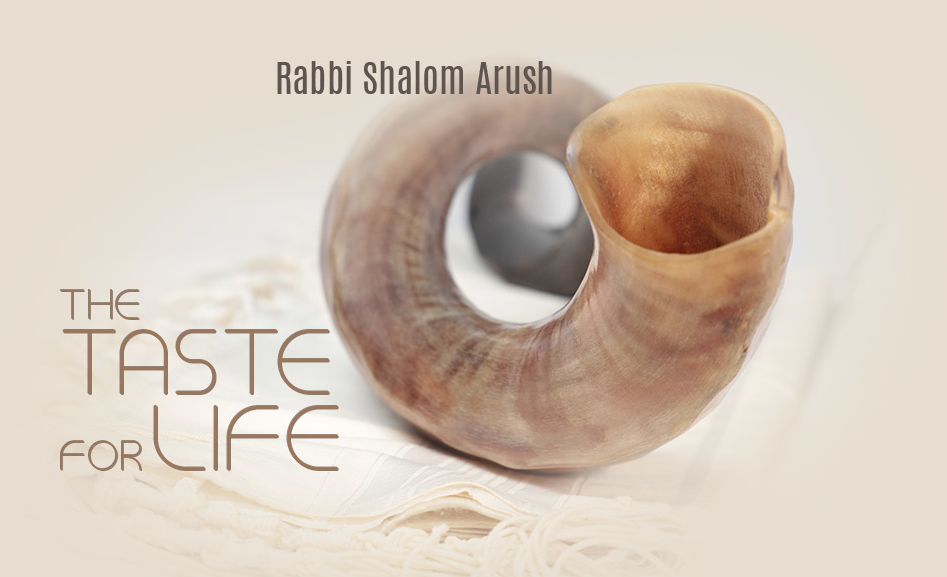
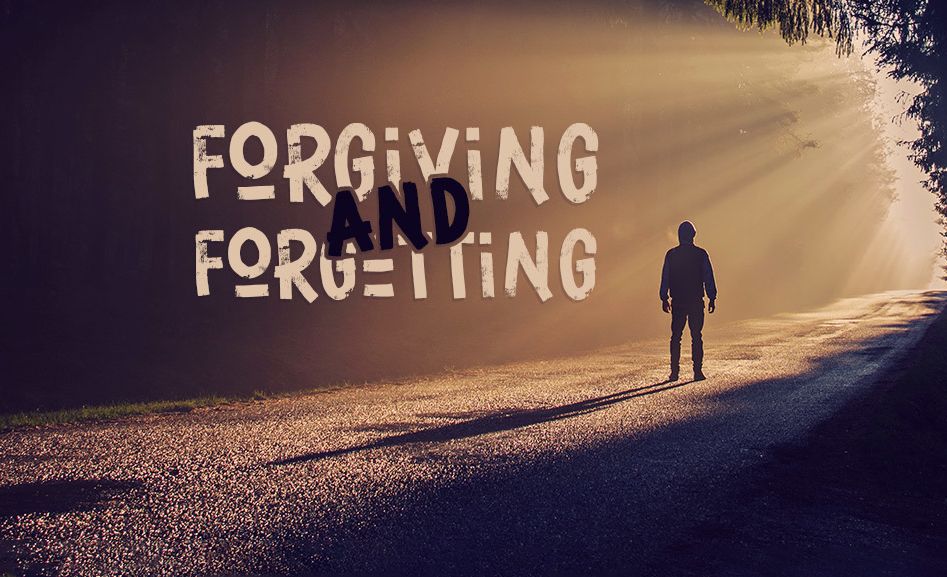
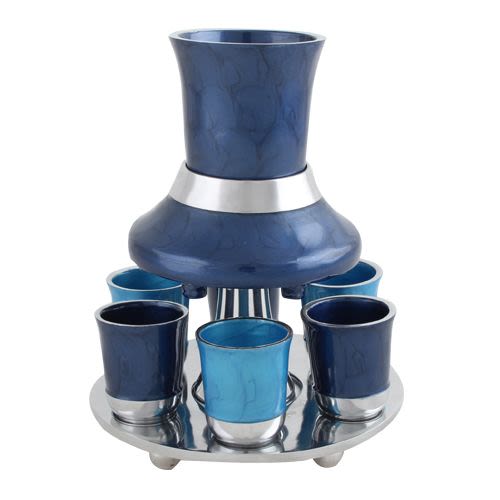

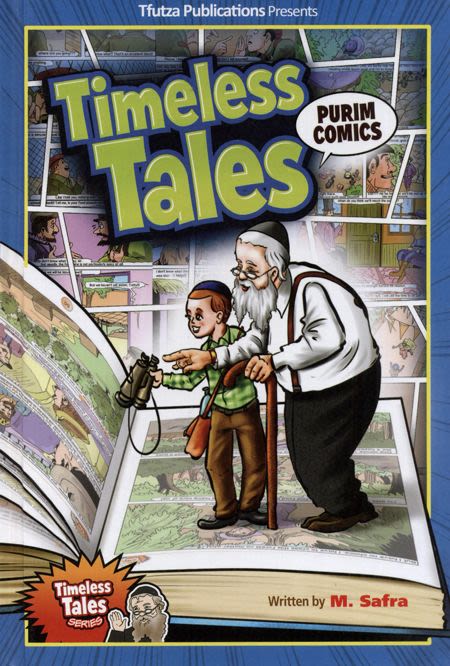
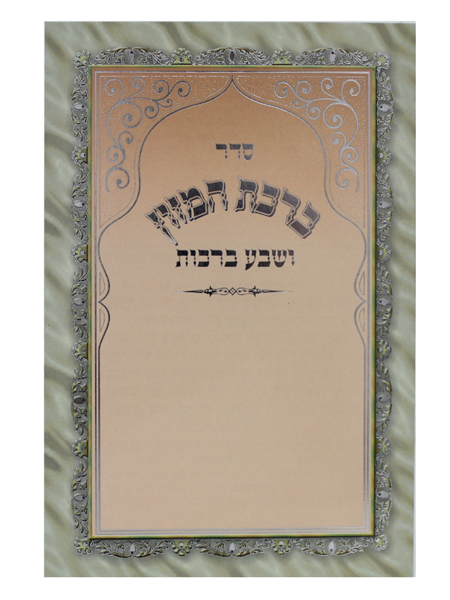
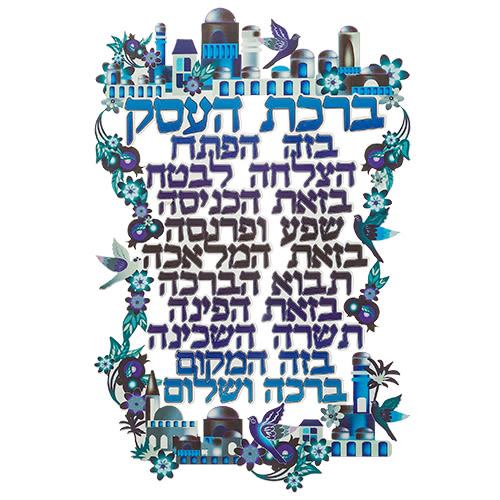
9/07/2018
RE “Labor Day is a day to recognize and acknowledge that we toil.”
at least in the United States, Labor Day is primarily NOT a "day to recognize and acknowledge that we toil," but to respect workers. Indeed, it is a holiday formed by and for workers, primarily but of course not exclusively those who are associated with the labor union movement. Jewish tradition has a lot to say about the rights and responsibilities of workers, and the the rights and responsibilities of those who employ workers. You can find a basic list of readings on just this here: http://bit.ly/2b0zsON Wishing all readers a Shana Tova, >> Arieh
9/07/2018
at least in the United States, Labor Day is primarily NOT a "day to recognize and acknowledge that we toil," but to respect workers. Indeed, it is a holiday formed by and for workers, primarily but of course not exclusively those who are associated with the labor union movement. Jewish tradition has a lot to say about the rights and responsibilities of workers, and the the rights and responsibilities of those who employ workers. You can find a basic list of readings on just this here: https://bit.ly/2b0zsON Wishing all readers a Shana Tova, >> Arieh